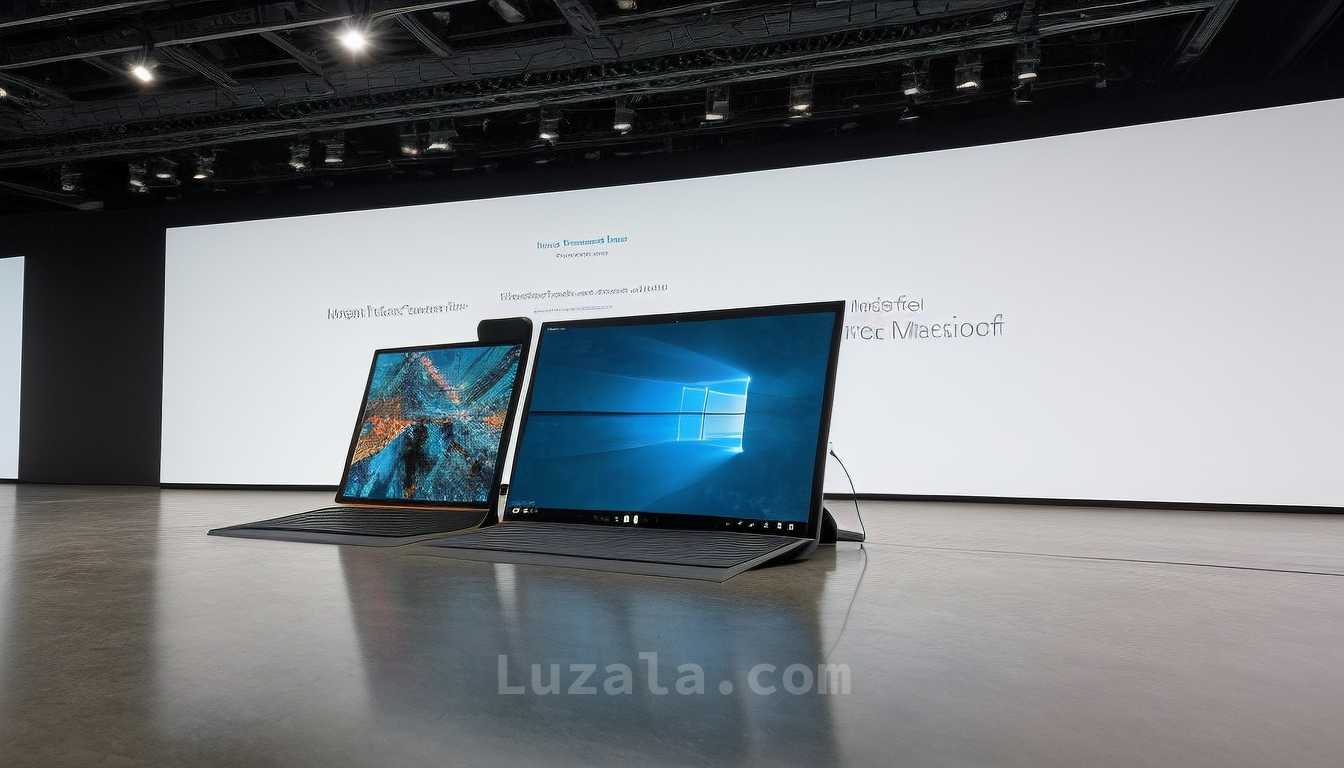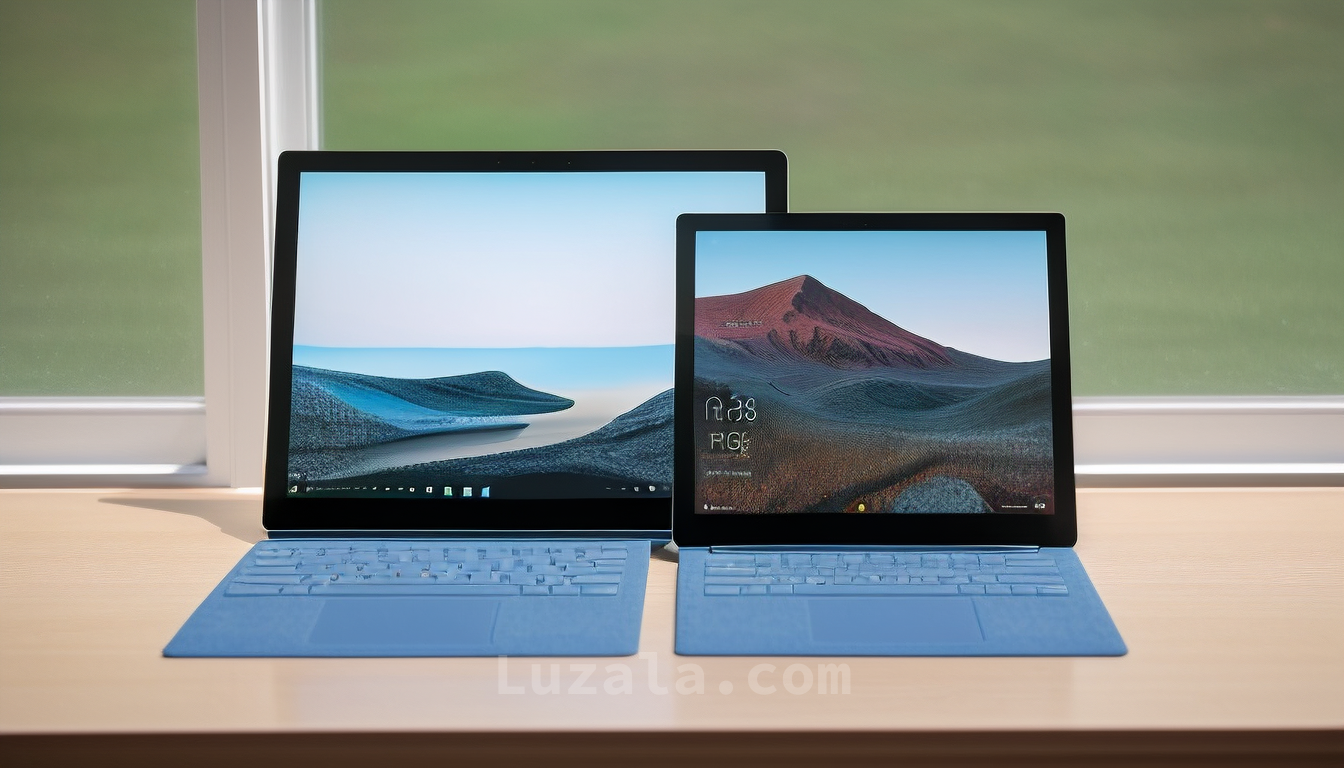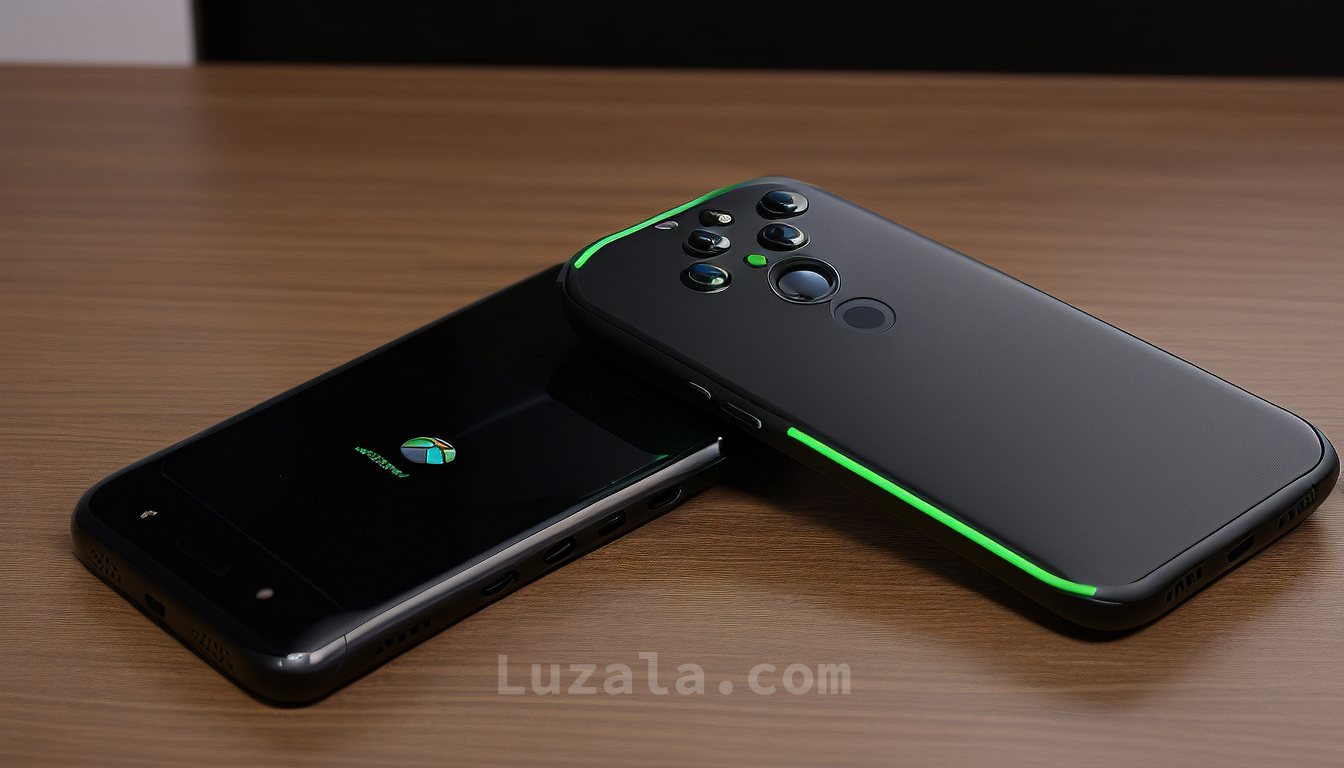Apple's iPhone 15 Pro Aims to Compete with Gaming Consoles
Apple aims to challenge gaming giants with iPhone 15 Pro, boasting powerful A17 Pro chip for console-quality gaming. Challenges include attracting developers and targeting Asian Android gamers.
Apple's Push to Establish iPhone 15 Pro as a Gaming Powerhouse
In the world of mobile gaming, Apple's iPhone has become a dominant force, with games available on its iOS App Store generating billions in consumer spending. However, Apple is now setting its sights on a more ambitious goal: to compete with major players like Sony's PlayStation, Microsoft's Xbox, and Nintendo's Switch by expanding its presence in the gaming industry. This ambitious endeavor is made possible by Apple's latest innovation – the A17 Pro chip, which powers the iPhone 15 Pro and iPhone 15 Pro Max. According to Apple, this chip boasts a 20% faster graphics processing unit (GPU) capable of delivering console-quality gaming experiences. While Apple has made similar claims in the past, this time it appears to be more than mere hyperbole.
In a strategic move, Capcom is set to release its highly anticipated titles, "Resident Evil Village" and a remake of "Resident Evil 4," for the iPhone 15 Pro line later this year. Additionally, Kojima Productions has announced its plans to bring "Death Stranding" to these iPhones. Furthermore, Ubisoft is preparing to launch its upcoming title, "Assassin's Creed Mirage," on the iPhone 15 Pro and Pro Max in the coming year. What sets these releases apart is that they are not watered-down versions but rather full-fledged, native versions of these popular titles.
Despite these bold moves, Apple faces several daunting challenges on its path to rivaling the big three console makers in the gaming industry. The most pressing question is whether game developers and publishers will commit to developing high-end console-quality games exclusively for the iPhone.
So, why is Apple making gaming such a prominent part of the identity of the iPhone 15 Pro lines? The answer lies in the quest to boost sales among gamers, particularly in vital markets like China, where mobile gaming already commands a massive audience, and Android-powered rivals have a strong presence.
Apple may not be the first name that comes to mind when thinking about video games, but it has compelling arguments for being a major player. According to Data.AI, out of the $83.1 billion consumers spent on iOS apps in 2022, a staggering $49.3 billion was allocated to gaming. This figure easily eclipses Nintendo's full-year sales for 2022, which amounted to $10.8 billion. However, these impressive numbers need to be put into context, as the games that generated most of this revenue in 2022 were far from being as graphically intensive as those available on modern consoles like the PlayStation and Xbox. While Apple may accumulate numbers through titles like Candy Crush, the challenge lies in enticing gamers with high-quality, console-level experiences like "Resident Evil Village" and "Death Stranding."
Martin Yang, Oppenheimer's senior analyst of emerging technologies and services, highlights the significance of the iPhone's capability to run games that cater to hardcore gamers. If the iPhone can run these games natively and appeal to this audience, it may lead to gamers purchasing titles both on PC or console and on Apple's platform, potentially doubling revenue streams.
However, Apple's success in competing with established console makers hinges on its ability to persuade a significant number of developers and publishers to create high-end games exclusively for the iPhone 15 Pro and Pro Max. IDC research director of gaming and VR, Lewis Ward, emphasizes that developers may be reluctant to allocate significant resources to adapt their games to a brand-new iPhone.
According to Michael Pachter, managing director at Wedbush, if publishers do decide to release high-end games for these iPhones, they are likely to be remakes of older games or modern titles ported from consoles, rather than games specifically designed for smartphones.
So, given the challenges involved in convincing developers and publishers to create high-end games for the iPhone 15 Pro line, why is Apple emphasizing its latest smartphones as portable gaming consoles? One compelling reason is the potential to attract existing Android gamers, particularly in Asian markets where mobile gaming enjoys immense popularity.
Android stands as the world's most widely used mobile operating system, and smartphone manufacturers, including Samsung and ASUS, have long promoted their devices' gaming capabilities. In China, one of Apple's crucial markets, mobile gaming has reached unprecedented levels of popularity. By positioning the iPhone 15 Pro as a gaming powerhouse, Apple aims to resonate with Android users in China and beyond.
The key takeaway is that Apple is striving to make a convincing case that gaming on the new iPhone will be superior, thanks to more powerful chipsets compared to previous versions. However, the ultimate challenge lies in persuading gamers that its latest high-end smartphones can genuinely compete as gaming platforms. The verdict will become clear when the iPhone 15 Pro and Pro Max hit store shelves on September 22, heralding a potentially game-changing era for Apple in the world of gaming.
Author: Daniel Howley | Tech Editor at Yahoo Finance
For the latest technology business news, reviews, and informative articles on tech and gadgets, visit Yahoo Finance. Stay updated with the latest financial and business news from Yahoo Finance.















Comments